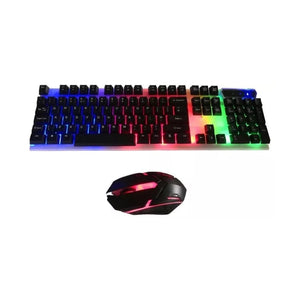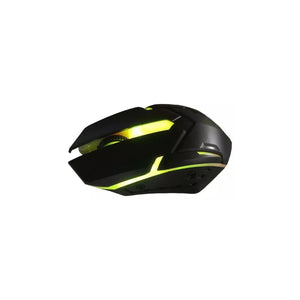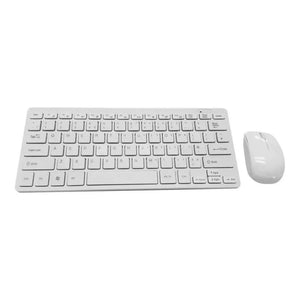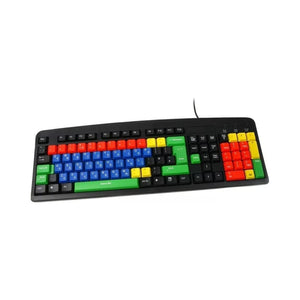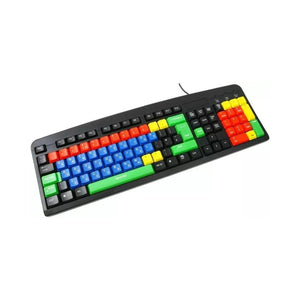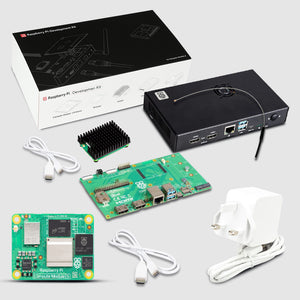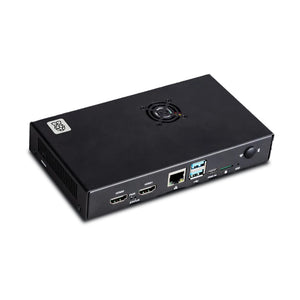Touchsy is a family of 3.2" LCD displays designed to be compatible with all single board computers and microcontrollers. These displays offer a compact, low-cost, and easy-to-use solution for adding a graphical user interface to a wide range of applications.
In this blog, we will take an in-depth look at the Touchsy family of displays and their features, benefits, and applications. We will also explore the key components of the displays, the software tools required for development, and the resources available to support users.
Key Features of Touchsy Displays
- Compatibility: Touchsy displays are compatible with all single board computers and microcontrollers, including Rock SBCs, Raspberry Pi, Banana Pi, Arduino, and more.
- Size: The 3.2" size of Touchsy displays makes them compact and easy to use in a wide range of applications.
- Low Cost: Compared to other LCD displays, Touchsy displays are highly affordable, making them accessible to a wide range of users.
- Touchscreen Capability: Touchsy displays are equipped with a capacitive & Ressistive touchscreen, making them easy to interact with and use.
- Easy to Use: Touchsy displays are plug and play, requiring no complicated setup or installation.
Touchsy Displays Types:
The Touchsy family of displays includes:
- Touchsy HAT (Resistive Display)- Touchsy Pico W (Resistive & Capacitive)
- Touchsy ESP-32 (Resistive & Capacitive)
- Touchsy Breakout (Resistive & Capacitive)
Touchsy HAT - The Touchsy HAT is an ideal solution for those who want to mount a display on their single-board computers. This HAT supports popular single-board computers like Raspberry Pi 4, 3 and more, as long as they have a 40-pin GPIO compatibility. With a 3.2-inch display size that is the same size as the Raspberry Pi 4, the Touchsy HAT is designed for use with single-board computers. It features a resistive display only, an ILI934 display driver, 5-way joystick support, 2 programmable buttons and a programmable multi-tone buzzer.

Touchsy Pico W (RP2040 based microcontroller) - For those who want a display with an onboard controller, the Touchsy Pico W is a fantastic option. This display comes with an official Raspberry Pi Pico W onboard, which means it can be programmed using popular programming languages like Python (MicroPython, Circuit Python), Arduino IDE, C, and C++. The Touchsy Pico W comes in two variants - resistive and capacitive - and also features an SD card option, a battery port to connect a battery (3.7V), 4 programmable buttons, 4-wire SPI and additional GPIO pins to connect more hardware.

Touchsy ESP32 (ESP32 onboard) - For users who are more familiar with ESP-32, the Touchsy ESP-32 is a great choice. It has all the same features as the Touchsy Pico W, but instead of the Raspberry Pi Pico, it has the ESP-32 onboard. The ESP32 is a powerful microcontroller with built-in Wi-Fi and Bluetooth capabilities, making it a perfect choice for powering displays.

One of the most exciting things about ESP32-based displays is their compatibility with a wide range of programming languages. Whether you're a seasoned programmer or just starting out, you'll find that programming these displays is straightforward and easy. They can be programmed using popular programming languages such as Python, Arduino IDE, C, and C++. This makes them ideal for hobbyists, students, and professionals alike.
Touchsy Breakout - For those who use Arduino or another controller, the Touchsy Breakout is a great option. With its ¾ wire SPI interface, 8-bit parallel interface and level shifter, this display is perfect for the Arduino community. It supports both 3.3V and 5V, giving users the freedom to use any hardware they choose.

Software Tools for Development
To get started with Touchsy displays, users can use the following software tools to program:
- Micropython - A tiny open source Python programming language interpretor that runs on small embedded development boards.
- SDK - A modern, open-source C++ library that makes it easy to integrate your C++ application
- CircuitPython - CircuitPython is a programming language designed to simplify experimenting and learning to program on low-cost microcontroller boards
Applications of Touchsy Displays
Touchsy displays have a wide range of applications, including:
- Home Automation: Touchsy displays can be used to create a graphical user interface for controlling smart home devices.
- Raspberry Pi Projects: Touchsy displays can be used to add a graphical user interface to Raspberry Pi projects, such as media centers and gaming systems.
- Internet of Things (IoT) Devices: Touchsy displays can be used to create a graphical user interface for IoT devices, such as weather stations and sensors.
- Arduino Projects: Touchsy displays can be used to add a graphical user interface to Arduino projects, such as robotics and wearable technology.
Official Product Page - Touchsy Display Series for All Single Board Computer & Microcontrollers


